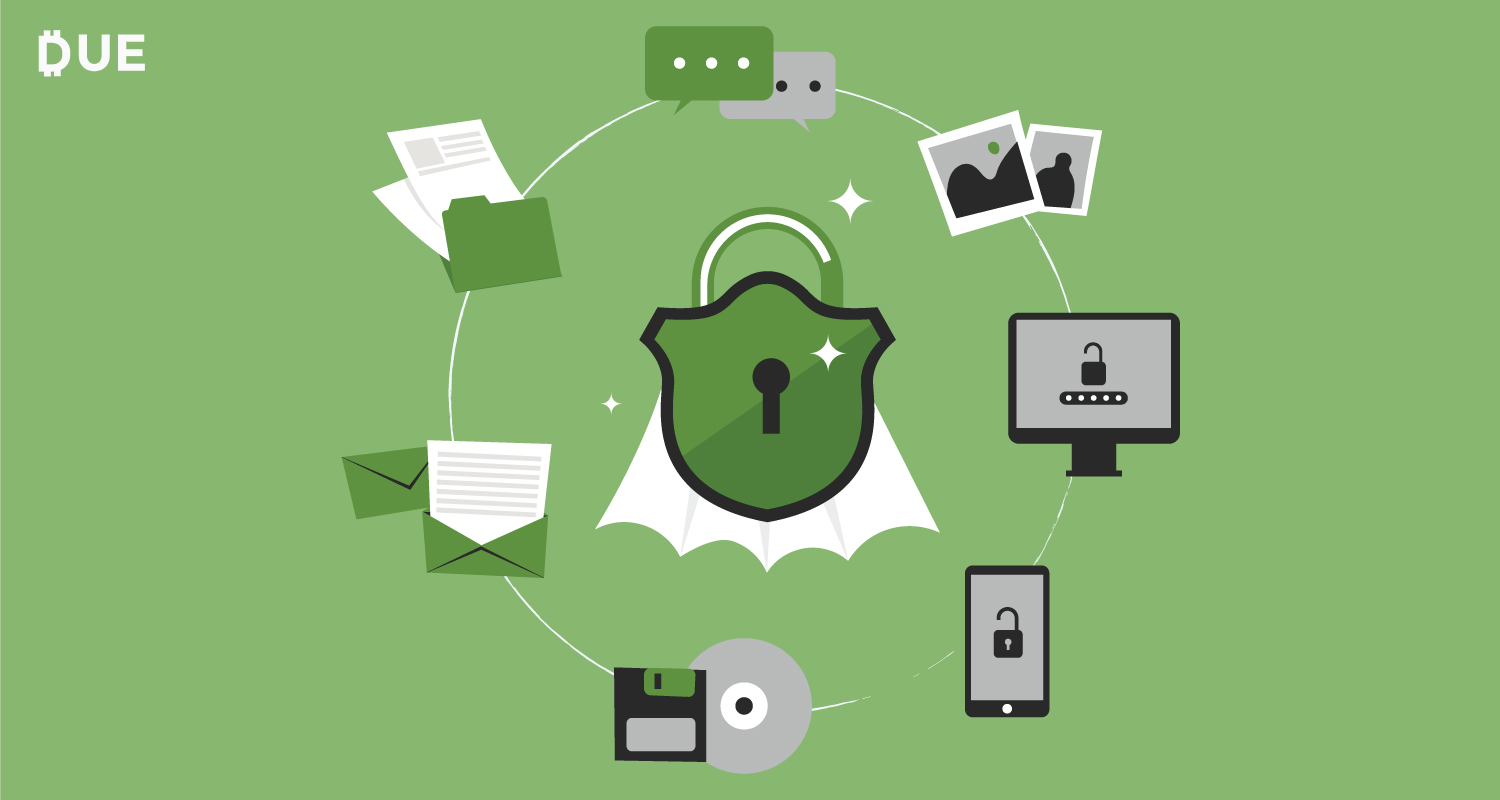When you first start a business there are, what feels like, an infinite number of things that must be done. You must have merchandise or services available, a bookkeeping system, and price structures in place.
There may also be licensing concerns, bank accounts, and tons of other behind the scenes tasks to do. One of the last things that may be on your mind is security against cyberattacks.
But it should be on your mind. Even if your startup is small it could fall prey to a hacker. Fortunately, there ways startups can protect themselves from cybersecurity threats.
Table of Contents
ToggleWhy do Cyber Attacks Happen?
You may make the mistake of thinking your startup is all but invisible to criminals due to its small size. However, according to the 2018 Date Breach Investigations Report shared by Verizon, these kinds of attacks are opportunistic.
To put it simply, criminals are lazy. Let’s think about it this way. If criminals weren’t lazy they would earn their money legitimately like everyone else. Instead, they want to take shortcuts and steal their money from others, including startups.
Criminals targeting startups may be banking on the fact that security measures haven’t yet been put into place. By not protecting your startup you’re making it an easy target for cyber criminals.
How Can Startups Protect Themselves?
1. Educate Staff
Ignoring the potential of cyberattacks on your business won’t make them go away. In fact, about one in five cyberattacks start with employee errors.
Therefore, one way startups can protect themselves is to educate all staff on preventative measures. This includes creating policies and providing training to all who are involved in the startup.
2. Identify at Risk Information
Another measure startups can take to avoid cybersecurity threats is to identify at risk information. One measure it to make lists of who has access to what data.
You also need to know which apps have access to sensitive information. This includes financial information, customer data, employee records, and any other data that could be used for ill gains.
3. Put Policies in Place
Employee errors cause some data breaches. In that case, policies and procedures need to be created and followed. The sooner this happens in your startup, the more secure your information will be.
For example, everyone should be restricted from using business computers for non-business purposes. Also, you should closely monitor information releases.
Passwords should have certain requirements. This makes them harder to hack. You should change passwords often. Backing up electronic systems regularly with an automated process is important.
Business computers need to be updated regularly and be replaced on a schedule. Virus and malware protections need to be in place as well as firewalls.
Don’t forget about mobile devices in your quest to protect information. You can encrypt data, install security apps, or use passwords.
4. Create Data Recovery Processes
Creating data recovery processes help to protect startups from cybersecurity threats. This may include talking to your business insurance agent as you create policies and procedures.
Knowing what to do should a cybersecurity threat occur is important. It could even be the difference between harm to your business or total failure of your startup.
According to USA Today cyberattacks are on the rise. However, these tips can help startups can protect themselves.











